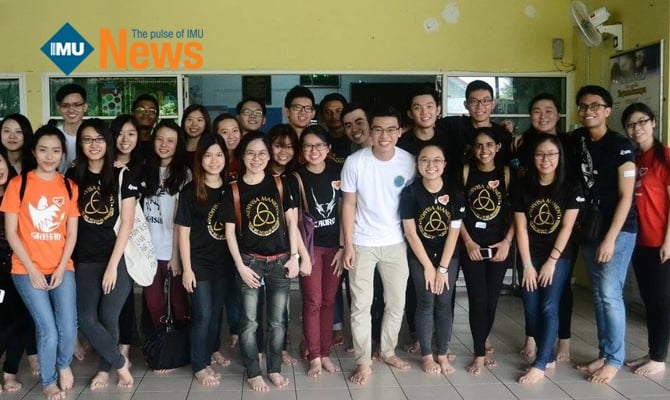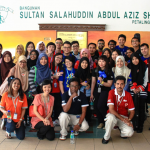“The greatest good you can do for another is not just to share your riches, but to reveal to them their own.” ~ Disraeli
Discover the Joy of Reading project envisions to give back to the community by extending a helping hand to the less fortunate. Children are the hope of the future and orphans are no exception. We believe that by equipping them with essential knowledge and skills, they too would be able to contribute significantly to the society. Discover the Joy of Reading project was spearheaded by Chang Siao Hui and Cheong Weng Tzun after being inspired by another reading project. This sparked an idea and a desire in their hearts to reach out to orphans in the form of education. 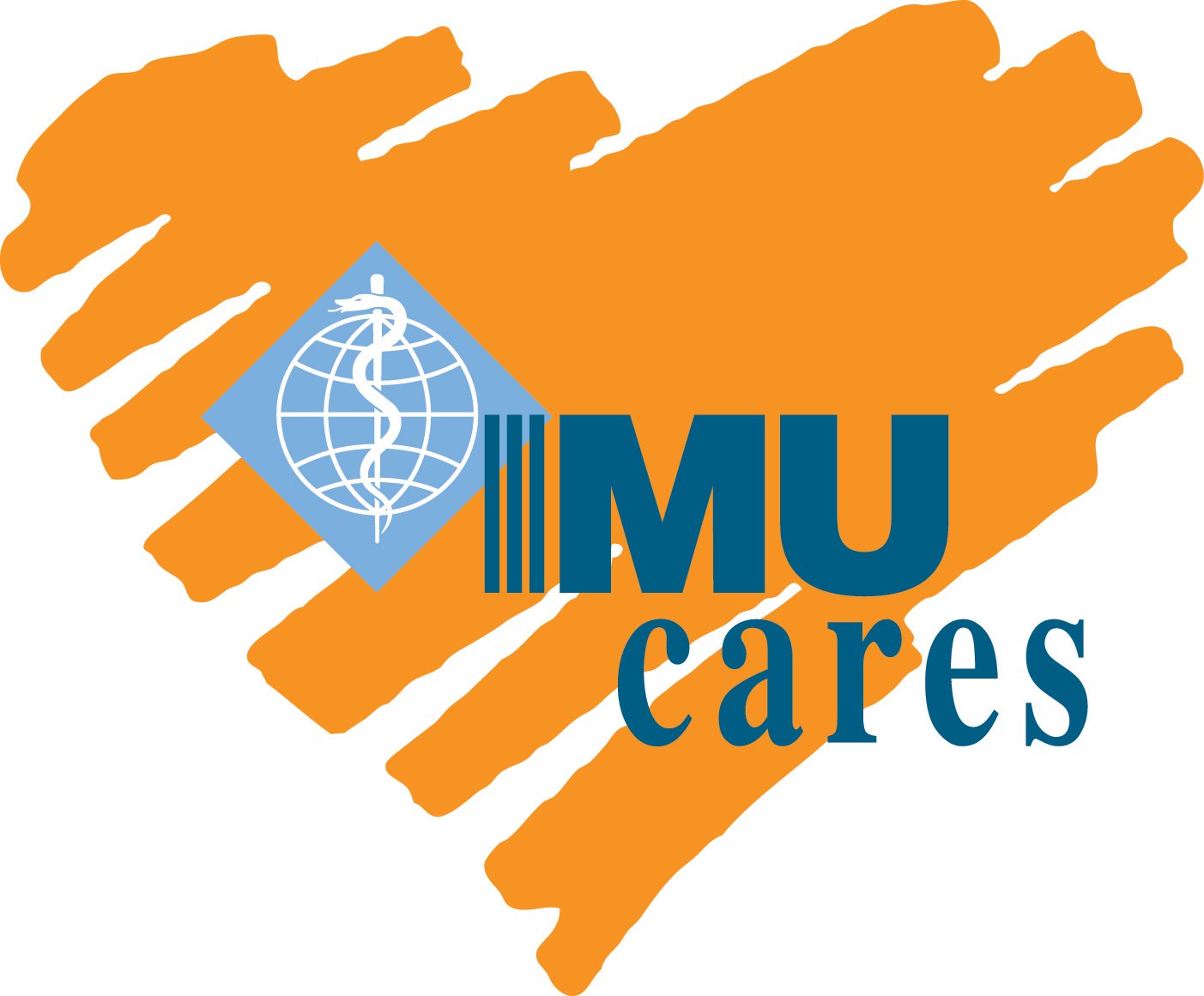 Discover the Joy of Reading project is organised under IMU Cares and the supervision of Dr Hazwanie Hashim and Dr Lipika Alok Chatterjee. With their supervision, the passionate organising committee was able to successfully organise a series of English learning activities for the orphans at Rumah Titian Kaseh.
Discover the Joy of Reading project is organised under IMU Cares and the supervision of Dr Hazwanie Hashim and Dr Lipika Alok Chatterjee. With their supervision, the passionate organising committee was able to successfully organise a series of English learning activities for the orphans at Rumah Titian Kaseh. 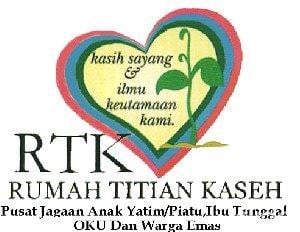 Rumah Titian Kaseh (RTK) is an orphanage and a care centre for single mothers located at Titiwangsa. It houses approximately 56 orphan boys and 38 orphan girls ranging from the age of 5 months to 18 years old. The caretakers of RTK notified our project leaders about the need to improve English literacy among the children at RTK. Thus, Discover the Joy of Reading project was initiated at RTK with a vision of improving the level of English of the children and developing their interest in reading English books. Through this project we also hope to develop IMU students to be compassionate, helpful and care for the less fortunate.
Rumah Titian Kaseh (RTK) is an orphanage and a care centre for single mothers located at Titiwangsa. It houses approximately 56 orphan boys and 38 orphan girls ranging from the age of 5 months to 18 years old. The caretakers of RTK notified our project leaders about the need to improve English literacy among the children at RTK. Thus, Discover the Joy of Reading project was initiated at RTK with a vision of improving the level of English of the children and developing their interest in reading English books. Through this project we also hope to develop IMU students to be compassionate, helpful and care for the less fortunate. 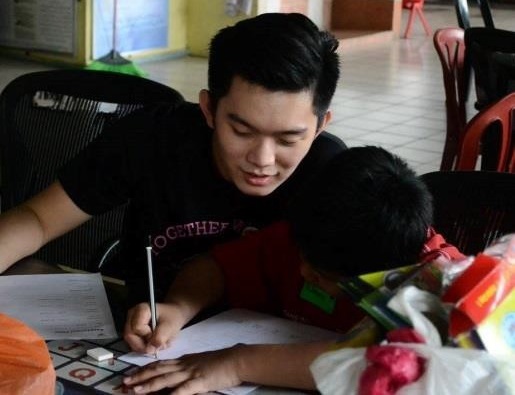 14 August 2016 – The main committee together with student volunteers from IMU made the first visit to Rumah Titian Kaseh (RTK). The children were divided into two groups based on their age. There were approximately 30 boys and 20 girls. Each volunteer was assigned two to three children each and they were provided with assessment worksheets and evaluation forms to evaluate the level of English of the children based on their performance in completing the worksheets provided. The difficulty level of the worksheets are different for both groups. After completing the worksheets, the children were gathered for a session of games. The children had a jolly good time participating in the games and prizes were given out to the lucky winners.
14 August 2016 – The main committee together with student volunteers from IMU made the first visit to Rumah Titian Kaseh (RTK). The children were divided into two groups based on their age. There were approximately 30 boys and 20 girls. Each volunteer was assigned two to three children each and they were provided with assessment worksheets and evaluation forms to evaluate the level of English of the children based on their performance in completing the worksheets provided. The difficulty level of the worksheets are different for both groups. After completing the worksheets, the children were gathered for a session of games. The children had a jolly good time participating in the games and prizes were given out to the lucky winners. 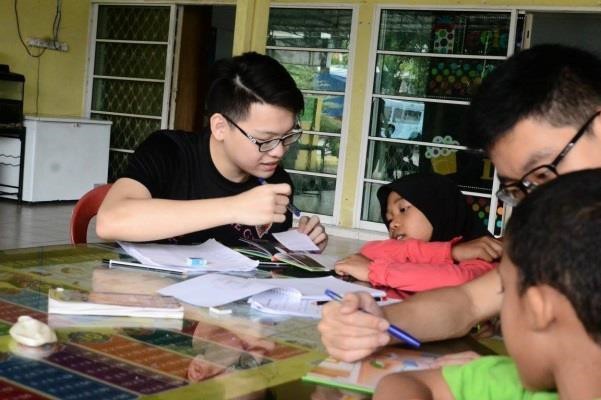 After the first visit, the organising committee then worked to place the children into a few groups based on the children’s level of English according to the completed worksheets and evaluation form. This form of grouping would greatly benefit the children as it would allow volunteers to teach each child based on their own level. The first visit also allowed the main committee to have a clearer picture of what to expect and how we can better improve the teaching syllabus to cater to the needs of the children at RTK. 21 August 2016 – The main committee together with student volunteers from IMU returned for a second visit to Rumah Titian Kaseh (RTK). This time round, the children were divided into four groups based on the level of English which was previously assessed. Group A (Very poor), Group B (Poor), Group C (Moderate), Group D (Advanced) and children above 12 years old were separated into another group. Group A focused on learning alphabets, Group B focused on learning simple words and short phrases, Group C were taught harder words and simple sentences whereas Group D were taught grammar and sentences. Children who were 12 years old were given special attention to help them in any academic related areas which they are weak in.
After the first visit, the organising committee then worked to place the children into a few groups based on the children’s level of English according to the completed worksheets and evaluation form. This form of grouping would greatly benefit the children as it would allow volunteers to teach each child based on their own level. The first visit also allowed the main committee to have a clearer picture of what to expect and how we can better improve the teaching syllabus to cater to the needs of the children at RTK. 21 August 2016 – The main committee together with student volunteers from IMU returned for a second visit to Rumah Titian Kaseh (RTK). This time round, the children were divided into four groups based on the level of English which was previously assessed. Group A (Very poor), Group B (Poor), Group C (Moderate), Group D (Advanced) and children above 12 years old were separated into another group. Group A focused on learning alphabets, Group B focused on learning simple words and short phrases, Group C were taught harder words and simple sentences whereas Group D were taught grammar and sentences. Children who were 12 years old were given special attention to help them in any academic related areas which they are weak in.
The theme for all the learning activities was “Body Parts”. 36 children attended this visit. Each volunteer was assigned one to two children each who were of the same English level to allow the volunteers to be able to teach both children efficiently and tackle their weaknesses.
The volunteers started off the teaching session by guiding the children in completing the given worksheets. This one-to-one teaching allows for personalised learning of the children based on their own pace. The volunteers were also provided with evaluation forms to evaluate the performance of each child based on their ability to complete the worksheets provided. Upon completion of the worksheets, each child was rewarded a small gift (stickers and cute erasers) to encourage their participation in the learning activities. 
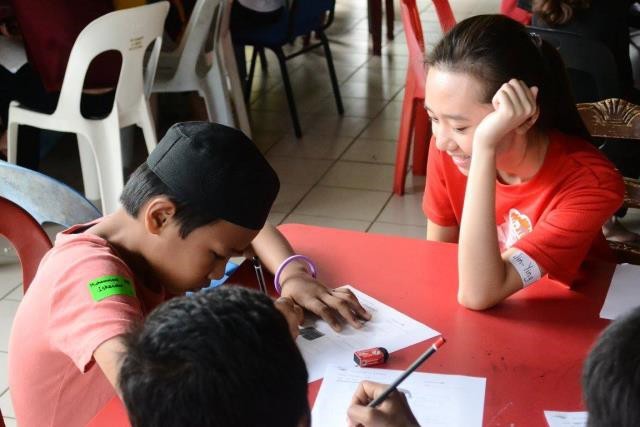 The volunteers then proceeded to the story telling session whereby the volunteers would read out the story in English and translate it into Malay to help the children understand. After the session, the children were encouraged to play some educational board games which were aimed at familiarising the children with some simple English words. Professor Ong Kok Hai, Director of External Affairs of IMU, dropped by to appreciate the efforts of the team and gave some useful suggestions on ways to improve on future learning activities.
The volunteers then proceeded to the story telling session whereby the volunteers would read out the story in English and translate it into Malay to help the children understand. After the session, the children were encouraged to play some educational board games which were aimed at familiarising the children with some simple English words. Professor Ong Kok Hai, Director of External Affairs of IMU, dropped by to appreciate the efforts of the team and gave some useful suggestions on ways to improve on future learning activities.
All the volunteers agreed that these visits to RTK were very meaningful with time well spent teaching, playing and interacting with the children. We are hopeful that our small actions may translate into a large impact in the lives of these children.
This article is written by Rachel Yong, Project Secretary of Discover the Joy of Reading Project.




